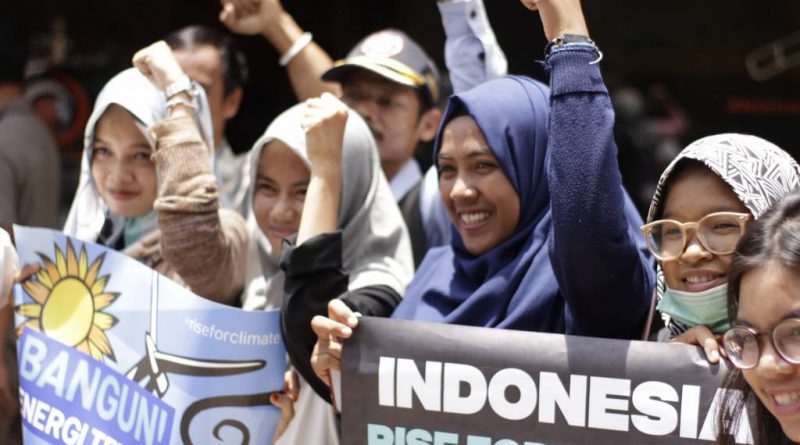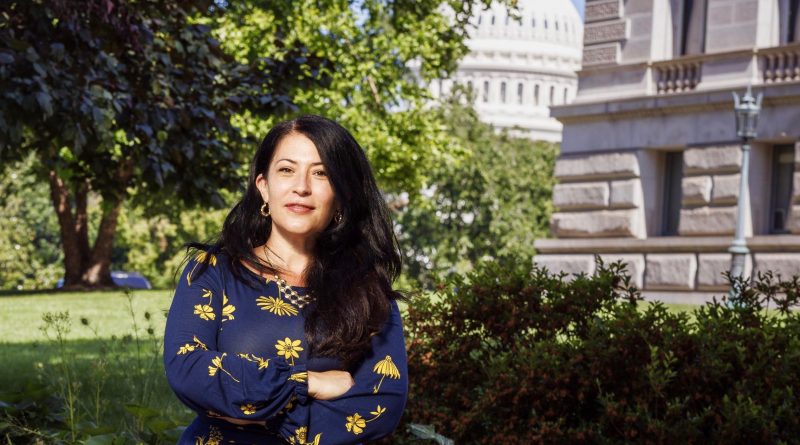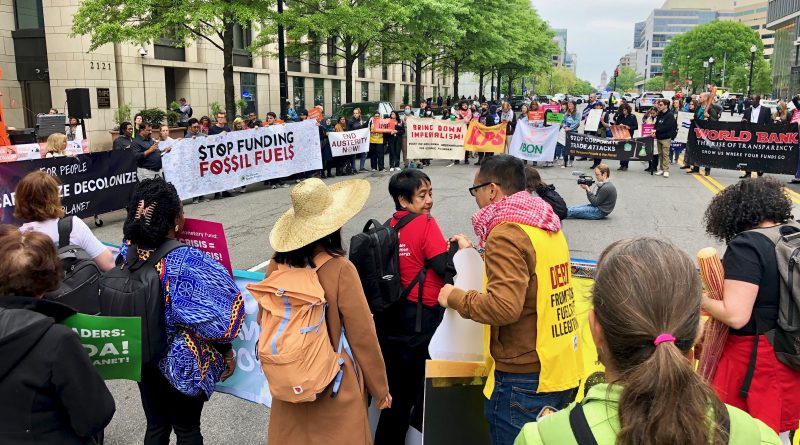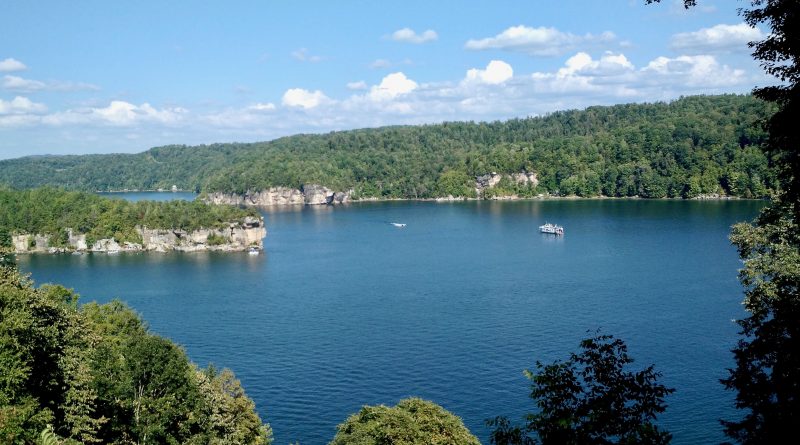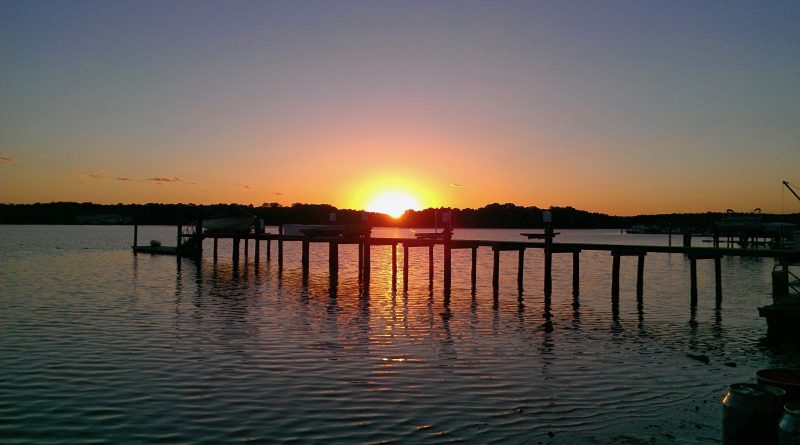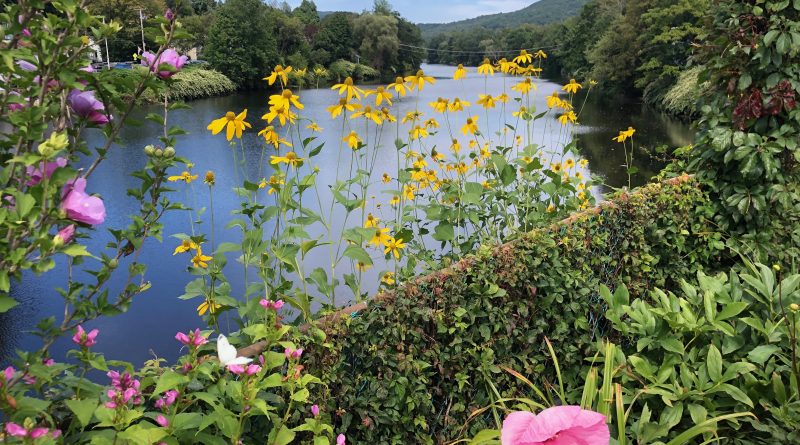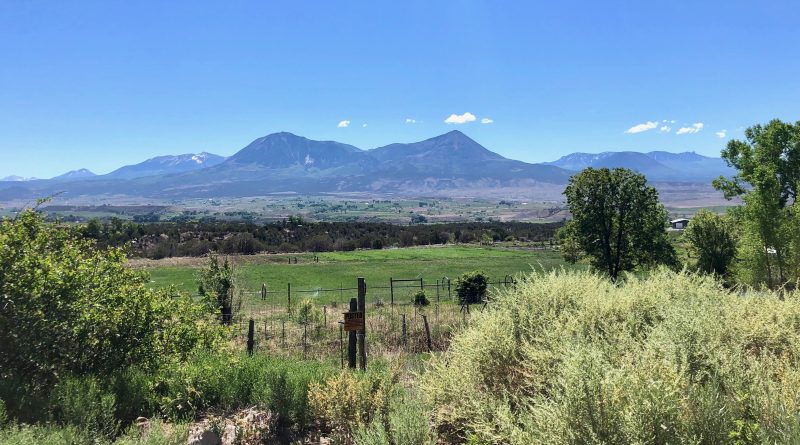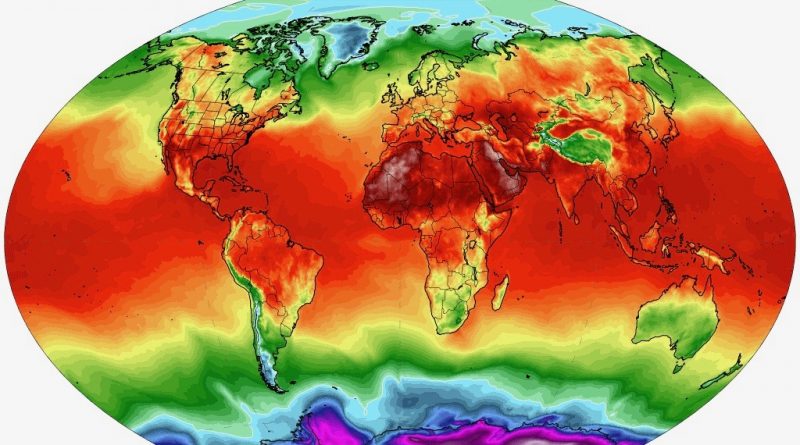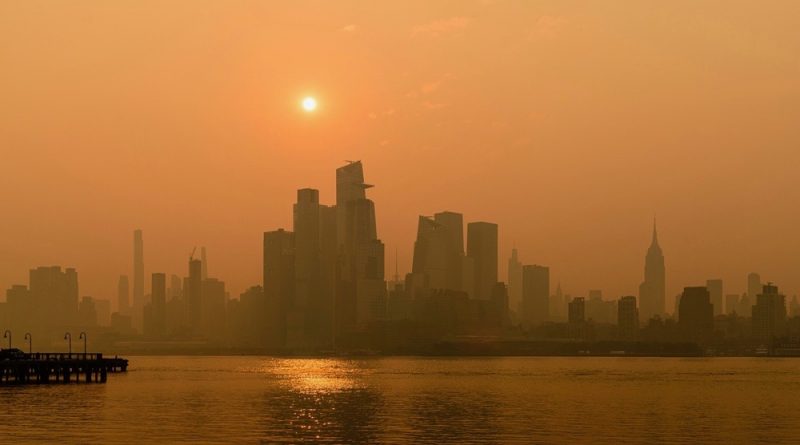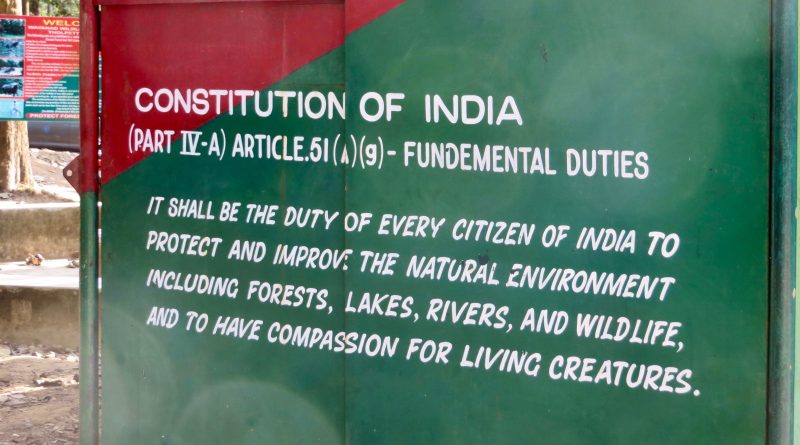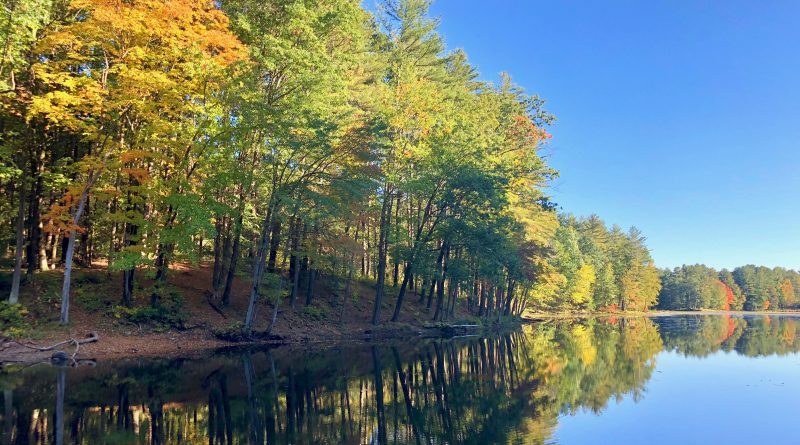Love in a time of crisis
The COVID pandemic — with its fear, and its quarantine, and its ongoing recommendations for limiting social contact — is still affecting us. Even if we are not among the many unfortunate individuals who are still ill with long COVID, our situation has changed. We are now living in a society where loneliness has increased and trust has decreased. As Jeet Heer wrote in The Nation, “In the wake of COVID, Americans have become more individualistic, more conspiracy-minded, and less committed to collective social effort.” We tend to be more separate from each other.
This is one of the factors that made the resurgence of Donald Trump and the MAGA Republicans possible. They in turn have amplified a selfish, anti-social, conspiracy-minded, mistrustful mood in the country for their own ends.
In the current political moment it is important that we not just resist the rise of authoritarianism, but also together forge a positive vision of who we are and want to be. Now, more than ever, it is important that we choose to care about each other, take care ….
Read more
